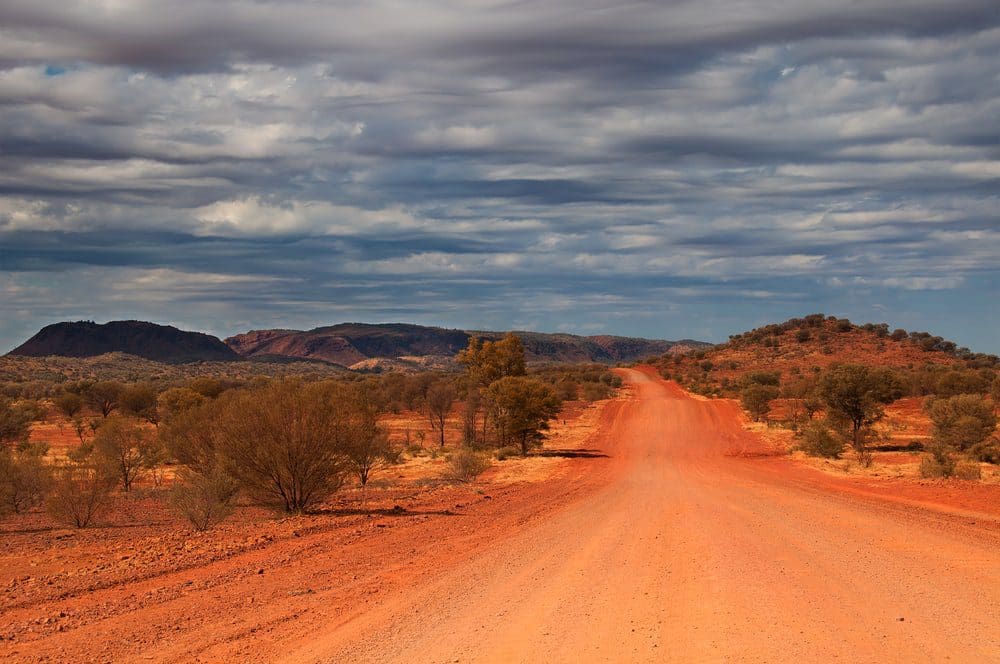You don’t need to be Bear Grylls to survive the Australian Outback, all you need is some common sense. Here are some tips so that you can avoid having to drink your own pee.
Let’s face it, we’ve all watched at least one episode of Man Vs Wild, specifically the one where he faces off against the Australian Outback, famously drinking his own urine to keep himself hydrated. Then there’s Daniel Dudzisz, a 26 year old German backpacker who, after getting stranded by floodwaters in Queensland, ate flies after running out of baked beans and cereal. What’s the best way to avoid these fates? Don’t be stupid. Here are some common sense tips on how to survive the beautiful yet unforgiving Australian Outback.
Take enough water

We’re talking about 10 litres per person per day. Water is life, on a normal day you could probably go 100 hours without water, but on extreme situations and average person loses about 1.5 litres an hour. You can never have enough water, if you’re sitting there thinking that it’s a ridiculous amount of water to bring with you then please watch the clip below. I think it’ll change your mind.
Keep people informed
Let someone know where you’re going and when you intend to come back. If we don’t know you’re missing, nobody’s going to go looking for you. Touch base whenever possible to update us on your whereabouts. If we at least know your rough last known location and where you were heading (or trying to) the chances of finding you increases. Better yet, take an EPIRB (Emergency Position Indicating Radio Beacon), the best Australian Outback insurance there is.
Don’t panic
We’ve all heard this, but ‘Panic kills’. Fear can be a great tool, but it can also shut a person down or cause them to do very stupid things, it can help us and also destroy us. Use the fear, adrenaline and cortisone allows you to operate on a higher level in times of danger, use this to properly assess your situation. Is it perhaps better to stay put with your vehicle with a busted tire and all your supplies than attempt a 400km journey back on foot in 42 degree weather?
Know your vehicle

Unfortunately most deaths in the Outback are actually vehicle related, it’s unfortunate because taking precautions and just knowing your vehicle could’ve saved those lives. We’re not even talking about the trailblazing Outback, even on the long amazing highways. Most deaths are caused by speeding, drinking and swerving for wildlife. Outside of that, making sure you bring an appropriate vehicle for off road journeys, or knowing simple tricks like deflating your tyres a bit to get out of soft sand could save your life.
Learn basic survival techniques

We’re not suggesting you take SAS survival training, but a few simple skills can make all the difference. Learn basic first aid or at least learn exactly what everything in your first aid kit is for. Learn about the wildlife in the area you’re going to and which ones to give wide berth to. Definitely learn how to light a fire, there’s so many uses for a fire. Apart from comfort, cooking and light, you could also use it to signal aircraft.
Talk to authorities
Talk to the local authorities not only to inform them of your trip but also to guide you about what to watch out for and get tips on what you need to prepare or know for a journey into their regions. They would have the best knowledge on things to watch out for in their particular areas.
If stranded, preserve your water, preserve your energy and stay with your vehicle.

